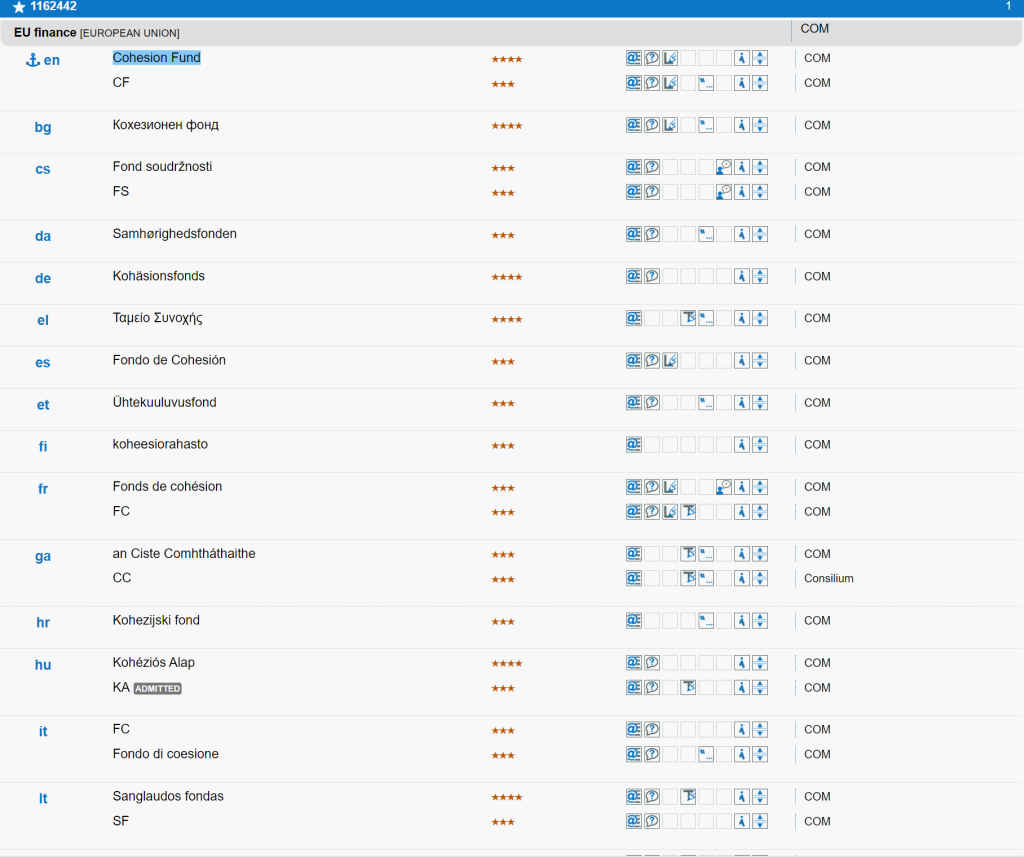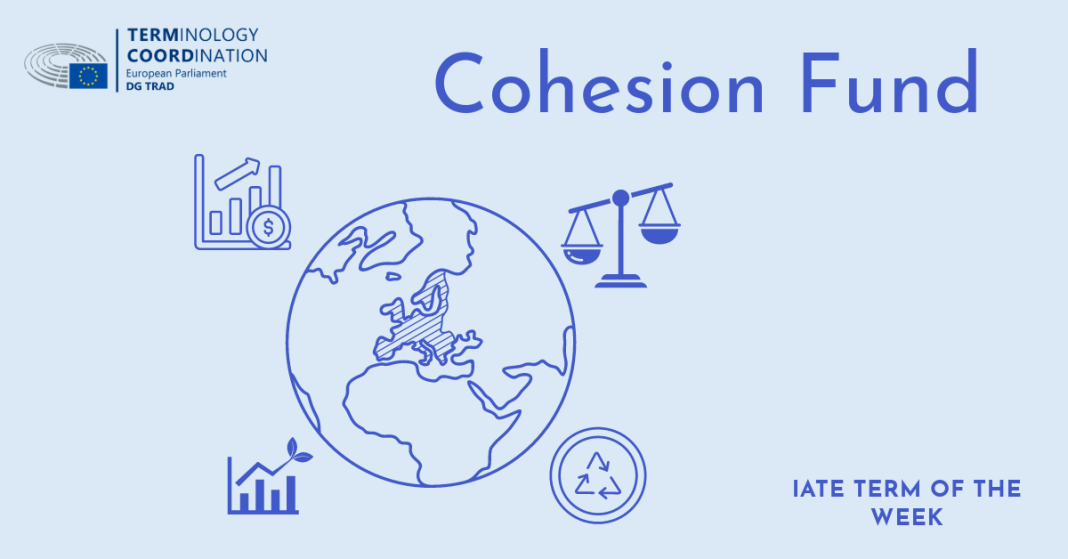The European Union Cohesion Fund plays a crucial role in reducing economic and social disparities among member countries with a gross national income per inhabitant less than 90% of the EU average. The fund primarily focuses on investments in the field of environment and trans-European networks in the area of transport infrastructure.

The Cohesion Fund operates within the framework of the European Structural and Investment Funds (ESIF). As one of the five ESIF funds, the Cohesion Fund is designed to address economic disparities among member states. For the 2021-2027 period, the countries eligible for support from the Cohesion Fund include Bulgaria, Czechia, Estonia, Greece, Croatia, Cyprus, Latvia, Lithuania, Hungary, Malta, Poland, Portugal, Romania, Slovakia, and Slovenia.
A distinctive feature of the Cohesion Fund is its emphasis on shared responsibility between the European Commission and national and regional authorities in member states. The regulation dictates that member states’ administrations play a crucial role in selecting and managing projects on a day-to-day basis. This collaborative approach ensures that the Cohesion Fund aligns with the specific needs and priorities of the regions it aims to support.
Another notable feature of the Cohesion Fund for the 2021-2027 period is its commitment to contributing to climate objectives. Approximately 37% of the overall financial allocation is expected to support initiatives aligned with climate goals. This reflects the EU’s broader commitment to environmental sustainability and the transition to a greener economy.
Cohesion Fund and Circular Economy:
The relevance of the Cohesion Fund to Circular Cities becomes apparent when examining past and future funding initiatives. The fund has historically supported projects that align with Circular Economy principles. Looking ahead to the 2021-2027 programming period, the Commission’s Circular Economy Action Plan 2.0 emphasizes the role of Cohesion Policy funds in implementing circular economy strategies.
Many initiatives promoting Circular Cities have benefited from Cohesion Fund support, and this trend is expected to continue and expand. The Commission’s focus on ‘Smarter Europe‘ and ‘Greener, carbon-free Europe‘ aligns with the priorities of Circular Cities. Projects supporting circular initiatives can directly benefit from the substantial financial resources, with 65% to 85% of the Cohesion Fund allocated to initiatives supporting these priorities.
The EU Cohesion Fund stands as a vital instrument in addressing economic and social disparities among member states. Its alignment with climate objectives and emphasis on supporting Circular Cities make it a key player in advancing environmental sustainability and promoting a greener, more circular economy. As member countries continue to leverage Cohesion Fund support for transformative projects, the fund remains an essential component of the EU’s commitment to solidarity and regional development.
Bibliography
Circular City Funding Guide. (2024). Cohesion Fund (CF). Retrieved from Circular City Funding Guide – Funding types and their applicability – Grants and subsidies – European Structural & Investment Funds (ESIF) – Cohesion Fund (CF): https://www.circularcityfundingguide.eu/funding-types-and-their-applicability/grants-and-subsidies/european-structural-investment-funds/cohesion-fund/
European Commission. (2024). Cohesion Fund. Retrieved from European Commission – EU regional and urban development – Regional Policy – Funding: https://ec.europa.eu/regional_policy/funding/cohesion-fund_en
Fi-compass. (2024). The European Regional Development Fund / Cohesion Fund. Retrieved from Fi-compass – Funds – The European Regional Development Fund / Cohesion Fund: https://www.fi-compass.eu/funds/erdf-cf
Written by Marina Scelta
Born in Palermo (Italy), passionate about learning languages since a very young age, she studied Interpreting and Translation for English and French in her hometown, then moved to London for a Master’s Degree in the same domain (University of Westminster), eager to earn some first-hand experience in an international environment. In 2020, she decided to move back to Italy, where she applied for her second Master’s Degree in Foreign Languages for International Communication (Università degli Studi di Torino). In 2021, she had the opportunity to move to Strasbourg as an Erasmus student for almost one year, at the end of which she made of that city her new home. Currently in the process of writing her master’s thesis, in her free time Marina enjoys travelling, singing, walking in the nature, solving crosswords puzzles, and mostly looking around for vegan food.

